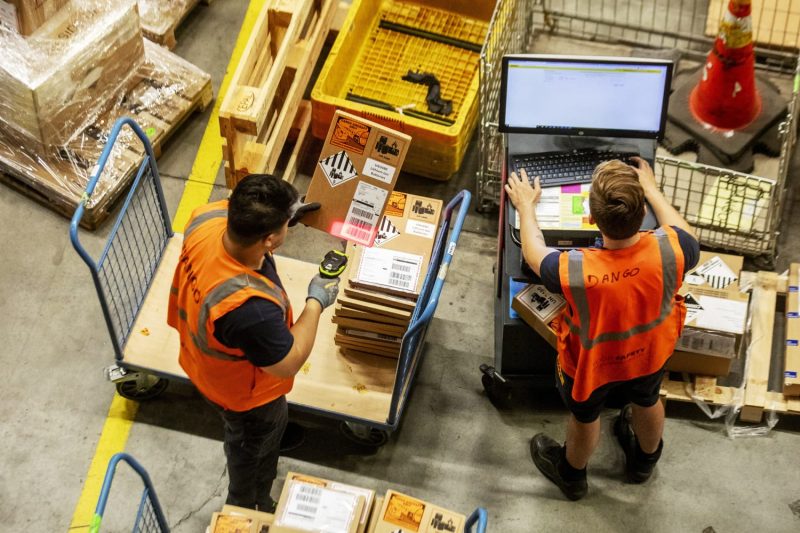In the interconnected world of global commerce, a single failure can have far-reaching consequences that can reverberate across the entire supply chain. When examining the intricate web of relationships that underpin international trade, it becomes clear that the global economy is much more fragile and interconnected than one might initially think.
At the heart of this web lies a complex network of suppliers, manufacturers, distributors, and retailers, all of whom rely on each other to deliver products and services to consumers around the world. Any disruption at one point in this chain can have a cascading effect that disrupts the flow of goods and services across borders.
Take, for example, the recent Suez Canal blockage caused by the grounding of the Ever Given container ship. This seemingly isolated incident resulted in the disruption of nearly 13% of global trade, impacting hundreds of billions of dollars worth of goods and causing supply chain delays that rippled through industries worldwide. As a vital chokepoint for maritime trade, the blockage of the Suez Canal served as a stark reminder of the vulnerabilities inherent in our interconnected global economy.
Similarly, the ongoing semiconductor shortage has brought to light the fragility of supply chains that underpin critical industries such as automotive manufacturing. With the demand for consumer electronics skyrocketing during the pandemic, semiconductor manufacturers struggled to keep up, leading to widespread production delays in the automotive sector. The shortage of these crucial components highlights just how interconnected and vulnerable the global economy truly is.
Moreover, the COVID-19 pandemic has exposed the vulnerabilities of global supply chains in unprecedented ways. Lockdowns, travel restrictions, and border closures disrupted the flow of goods and services, leading to shortages of essential goods and disruptions in production cycles. The pandemic laid bare the risks associated with overreliance on a few key suppliers and the need for diversification and resilience in supply chain management.
To mitigate the risks posed by a single failure in global commerce, businesses must adopt a proactive approach to supply chain management. This includes diversifying suppliers, implementing robust risk management strategies, and investing in technologies that enhance visibility and transparency across the supply chain. By building more resilient and adaptable supply chains, businesses can better withstand disruptions and navigate the complexities of the global economy.
In conclusion, the fragility of the global economy is a stark reminder of the interconnected nature of modern commerce. A single failure has the potential to disrupt the entire supply chain, leading to widespread economic consequences. By prioritizing resilience, risk management, and innovation, businesses can bolster their supply chains against potential disruptions and ensure the continued flow of goods and services in an ever-evolving global marketplace.



























